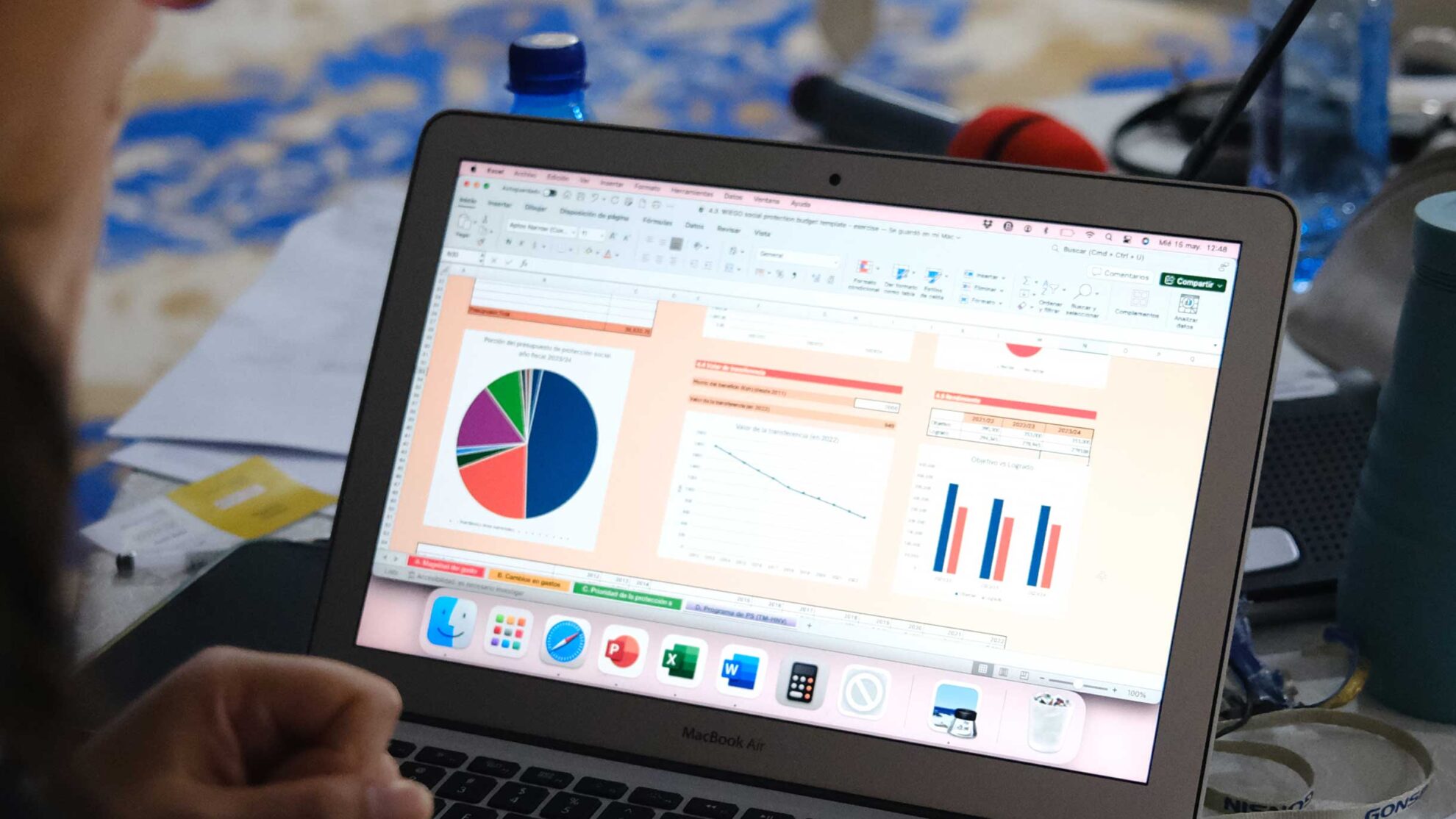A social protection system incorporates various actors, processes, platforms and institutions working together to ensure coverage, adequacy, comprehensiveness, sustainability and good governance. Strengthening each part of the system and understanding the relationships between them is essential for systemic change.
To better include workers in informal employment into social protection, we explore the system’s building blocks and recognize good practices and challenges in their operation. Understanding workers’ experiences in navigating current systems is necessary to make meaningful and inclusive reforms, and this is a central focus of our work.
